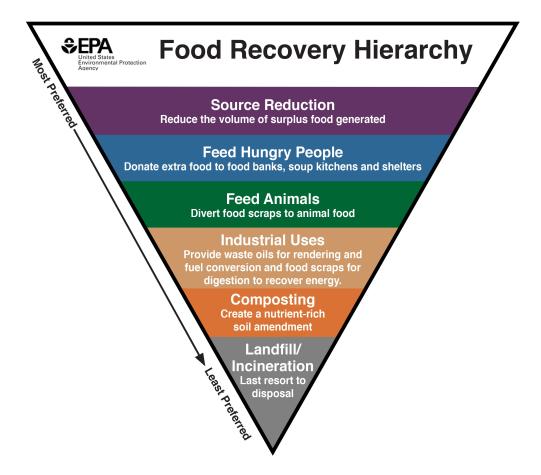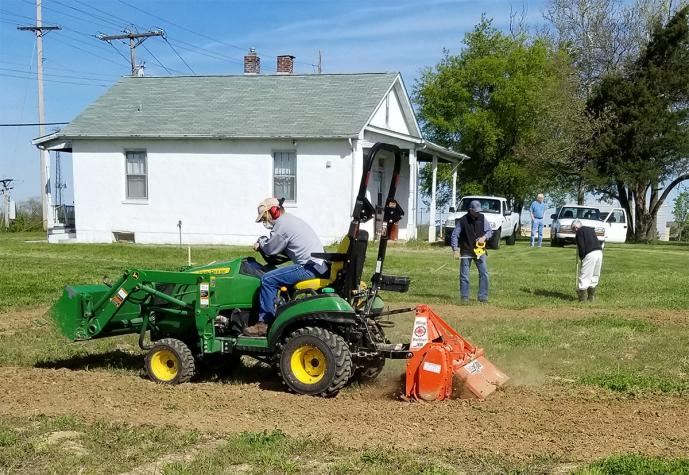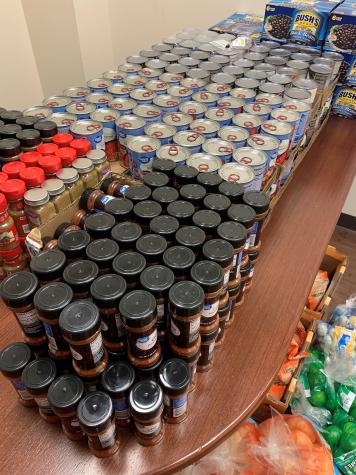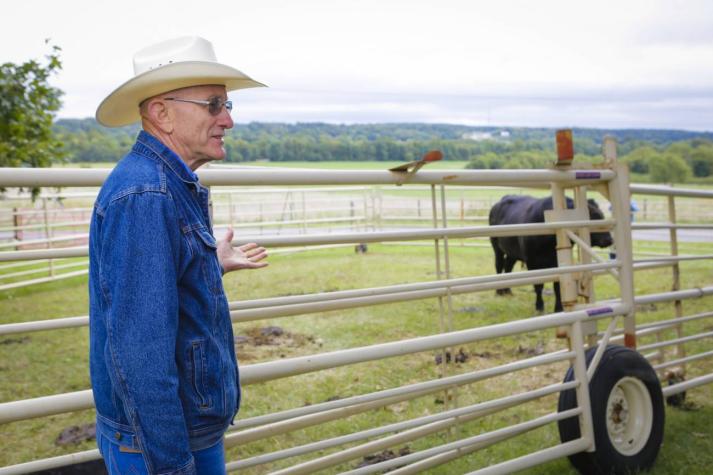

MU research: Sunn hemp benefits rotational grazing systems
Sunn hemp boosts rotational grazing by providing high-protein forage, improving soil health, and enhancing cattle gain while reducing summer slump.
Macon County 4-H club transitions to remote learning during COVID-19
Macon County 4-H Club swiftly transitioned to remote learning, utilizing online platforms to continue engaging youth in educational activities during COVID-19.
Lively bidding at revived central Missouri Show-Me-Select heifer sale
Central Missouri heifer sale sees high turnout, active bidding, and strong prices for quality Show-Me-Select heifers.
MU beef researchers find improved pregnancy rates with new synch protocol
COLUMBIA, Mo. – A new estrus synchronization protocol evaluated at the University of Missouri greatly improves heat response and pregnancy rates to fixed-time AI in beef cows.
Show-Me-Select fall-calving heifer sale draws first-time buyers
Fall-calving heifer sale draws first-time buyers with strong turnout and top lots averaging $1,815.

Gooey, orange tree slime grows after wet, cool days
COLUMBIA, Mo. – Some Missouri trees are producing a gooey, orange slime that seeps and grows.Bright orange tree slime brings wonder to the woods after cool, wet spring days, says University of Missouri Extension horticulturist Tamra Reall.This slime from Mother Nature grows from a number of fungi, including budding yeasts that feed on the sugary sap flowing from tree wounds, says Hank Stelzer, MU Extension forester.

Reduce food waste to save money
KANSAS CITY, Mo. – With the COVID-19 pandemic causing disruptions in the food supply chain, it’s more important than ever to reduce food waste, says a University of Missouri Extension food safety specialist.“In 2014, the U.S. Department of Agriculture’s Economic Research Service estimated that 30% to 40% of edible food in the United States went to waste,” said Londa Nwadike. “At the household level, the average U.S. family of four…

Nostoc, wicked witch of wet lawns
Nostoc, or witch’s butter, appears in wet, bare lawn spots. It’s harmless but unsightly; remove with rakes, shovels, or improve drainage.
MU Extension helps with feed mill training
COLUMBIA, Mo. – University of Missouri Extension, in cooperation with the Missouri Department of Agriculture, offers Missouri feed mill operators training to help them comply with federal Food Safety Modernization Act guidelines.

Virtual town halls meet producers where they are
LAMAR, Mo. – When COVID-19 paused face-to-face programming, University of Missouri Extension agronomy specialist Jill Scheidt knew producers would still need assistance with the growing season. Living by MU Extension’s mission of taking university research and knowledge to the people, Scheidt began brainstorming on ways her team could help.

Master Gardeners fight food insecurity
Missouri Master Gardeners grow extra produce to donate to local food banks, helping communities fight food insecurity.
UM deans answer questions about COVID-19’s effects on businesses and innovation
UM deans discuss how Missouri businesses can adapt, innovate, and navigate challenges during the COVID-19 recovery.
Law enforcement training adapts to COVID-19
COLUMBIA, Mo. – Despite the challenges of COVID-19, the Law Enforcement Training Academy successfully graduated 25 students this spring. The graduates earned peace officer certification as well as certification in 12 other topic areas.

Watch for poison hemlock
Poison hemlock is highly toxic to livestock and humans. Learn how to identify, control, and prevent risks from this dangerous plant.

Buttercup: Blistering beauty poisons cattle
Toxic buttercup in pastures causes mouth blisters, gastrointestinal irritation, and possibly death in cattle; dries safer than fresh.
New fall-calving Show-Me-Select Heifer Sale draws first-time buyers
Show-Me Select fall-calving heifer sale draws new buyers and highlights quality genetics, reproductive health and marketing advantages for cattle producers.
Young entrepreneurs share inventions, hone pitches in 2020 Pitch Challenge
Young entrepreneurs showcased innovative ideas and honed their business pitches in a competition, addressing real-world challenges with creative solutions.
Missouri 4-H'ers exceed 250,000-meal food drive goal
Missouri 4-H youth surpassed their goal by raising nearly 300,000 meals during a statewide food drive, helping hunger relief efforts amid the COVID-19 pandemic.

How to do a food demo for 95 in a pandemic
Create a budget-friendly food demo with simple ingredients and easy-to-follow instructions, engaging your audience effectively even during challenging times.
Ponding creates potential for crop damage
Excess rainfall can pond in fields, damaging corn and soybean seedlings and reducing crop yield.
Castrating, Dehorning and Implanting
“Calf processing prior to sale that reduces work for the buyer after sale potentially makes that calf more valuable at sale time,” says Patrick Davis MU Extension Regional Livestock Field Specialist. The added value can lead to improved profitability of the cattle operation. Below, Davis provides thoughts on a few calf processing strategies that can add value to your calves.
Layoff aversion & strategies to maintain your workforce
Explore strategies to retain employees, reduce layoffs, and strengthen your workforce during economic challenges.
Show-Me-Select heifer sale in Joplin shows solid results
Show-Me-Select heifer sale in Joplin drew strong turnout, active bidding, and top prices reaching $2,200 per head.

A consistent presence
Eldon Cole has served Missourians through MU Extension for 50-plus years. A lot has changed in the 56 years that Eldon Cole has served as a University of Missouri Extension specialist, but one thing has remained incredibly consistent – Cole’s desire to build relationships with the Missourians he continually serves.
Reading Role Models
Families are reading role models and promote the importance of literacy in a child’s life. Modeling engaged reading helps children form their beginning literacy skills. Children learn to use verbal and nonverbal communication including speech and sign language through early literacy skill development.
